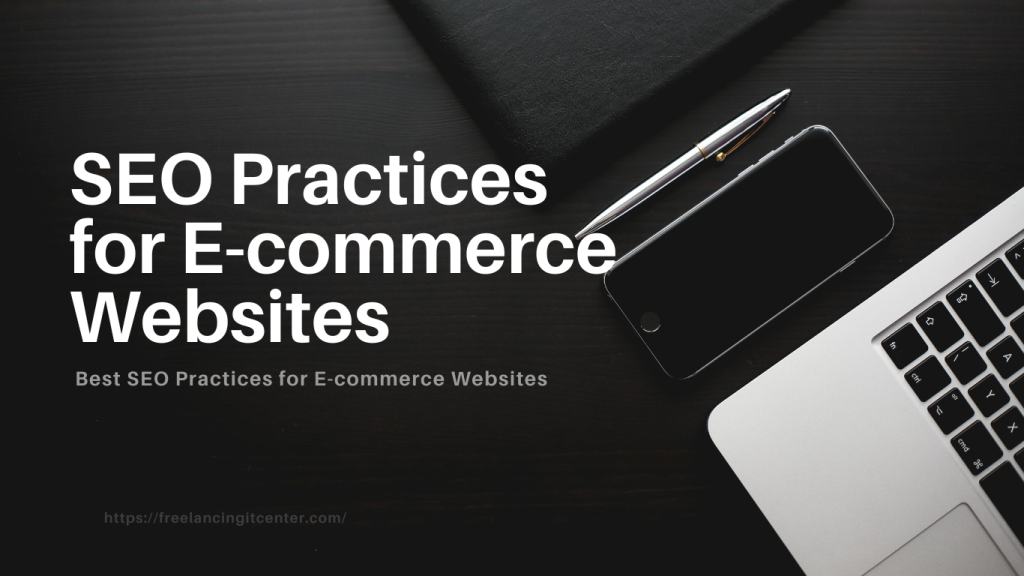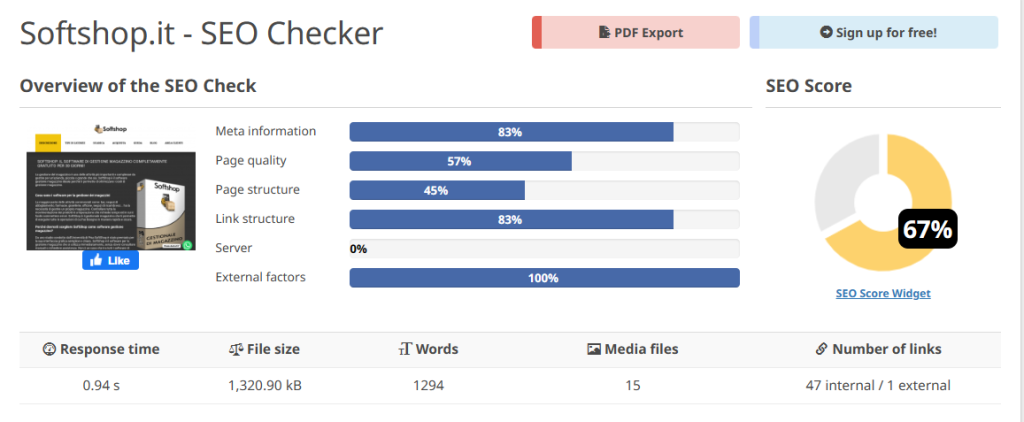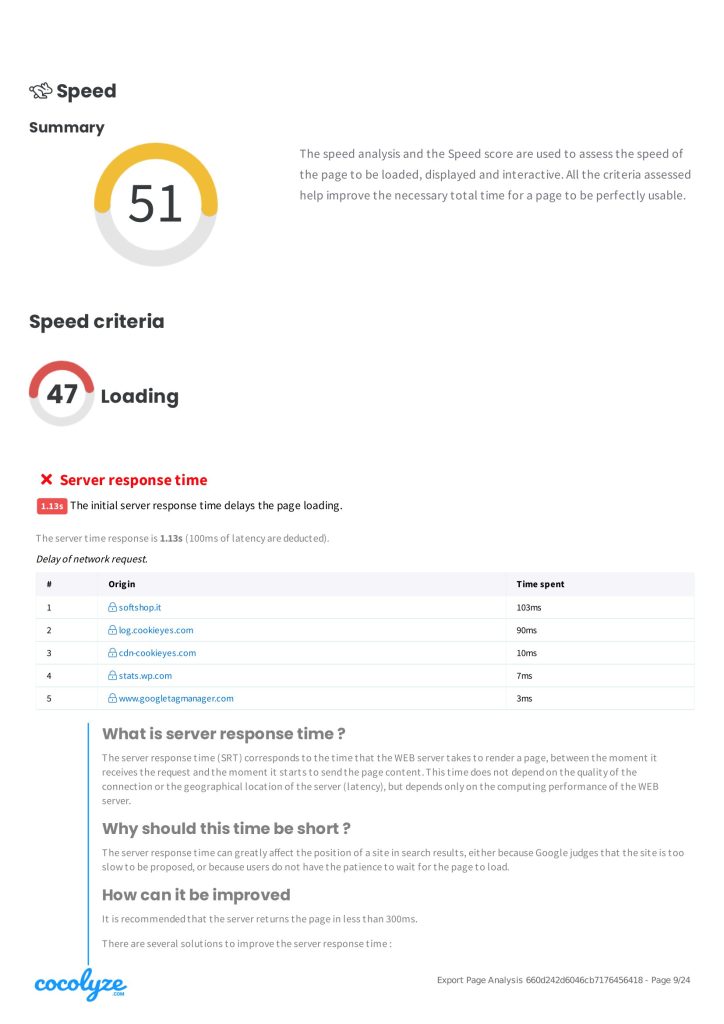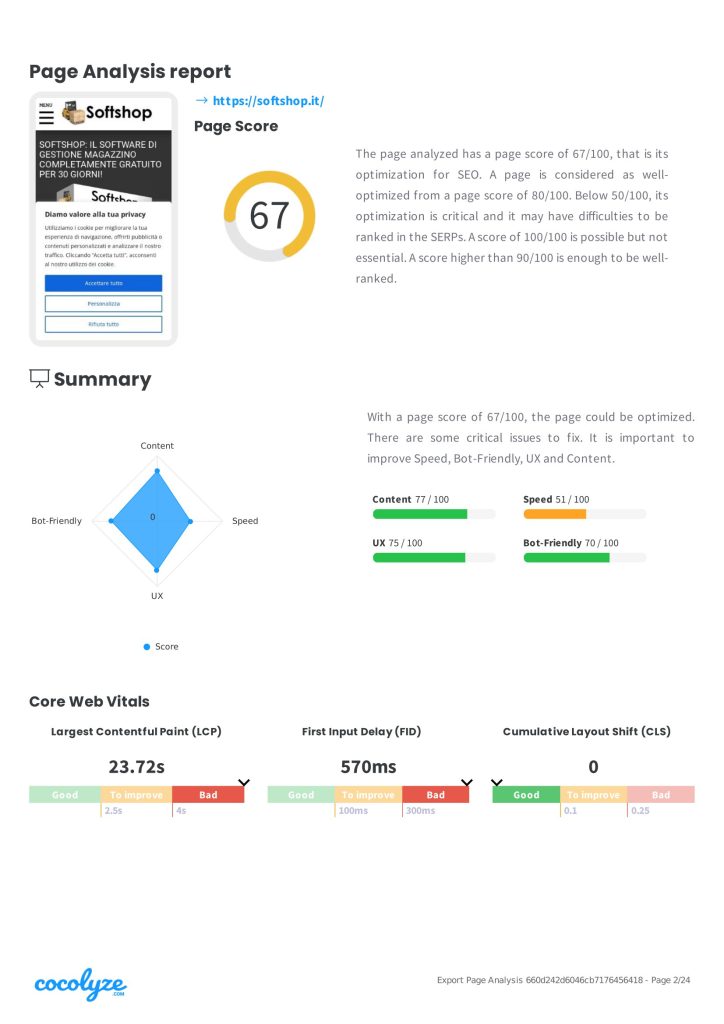SEO FOR ECOMMERCE WEBSITES

In the ever-evolving digital landscape, search engine optimization (SEO) plays a crucial role in the success of e-commerce websites. Understanding and implementing the best SEO practices can significantly impact the visibility, rankings, and ultimately the profitability of online stores. This article delves into the essential strategies and techniques that e-commerce businesses need to embrace to optimize their websites for search engines, attract organic traffic, and enhance user experience. From keyword research to technical SEO, from content optimization to link building, we explore the comprehensive guide to achieving SEO excellence in the realm of e-commerce.
Understanding the Importance of SEO for Ecommerce
Why SEO is Essential for E-commerce Success
SEO isn’t just a random jumble of letters – it’s the secret sauce that helps your e-commerce site stand out in the vast digital jungle. With SEO, your online store can cozy up to search engines like Google and Bing, making it easier for potential customers to find you amidst the sea of competitors. In short, SEO is the fairy godmother that can transform your e-commerce website from a pumpkin into a dazzling carriage.
The Impact of SEO for Ecommerce Conversion Rates
Imagine SEO as the matchmaker between your e-commerce website and customers. The better your SEO game, the higher the chances of your website getting more clicks, traffic, and ultimately, conversions. By fine-tuning your SEO strategies for Ecommerce, you can turn casual browsers into loyal customers faster than Cinderella at a ball. SEO isn’t just about getting noticed; it’s about getting those coveted sales ringing in your digital cash register.
Keyword Research and Implementation Strategies

Conducting Effective Keyword Research for E-commerce
Keywords are like the breadcrumbs that lead customers straight to your e-commerce doorstep. By understanding what keywords your target audience is searching for, you can sprinkle these magic words throughout your website content like fairy dust. Effective keyword research is like knowing the secret password to your customer’s hearts – it unlocks the door to higher search engine rankings and more visitors to your online store.
Implementing Keywords Strategically in E-commerce Websites
Once you’ve got your hands on those precious keywords, it’s time to wield them like a seasoned wizard. Strategically placing keywords in your website’s content, product descriptions, and meta tags can cast a spell on search engines, boosting your e-commerce website’s visibility. By weaving these keywords seamlessly into your website’s fabric, you not only improve your chances of ranking higher but also make it easier for customers to find what they’re looking for in your enchanted online store.
Optimizing On-Page Elements SEO for Ecommerce

Importance of Optimizing Meta Titles and Descriptions
Meta titles and descriptions might sound like fancy jargon, but they’re basically your e-commerce website’s first impression on search engines. Crafting captivating meta titles and descriptions is like dressing up your website in its best party attire – it makes your site more appealing to search engines and potential customers. With the right meta magic, you can entice users to click on your website, explore your products, and hopefully, make that coveted purchase.
Crafting SEO-Friendly URLs for E-commerce Pages
URLs are like the signposts that guide customers through the digital wilderness to your e-commerce oasis. By crafting SEO-friendly URLs that include relevant keywords and product names, you make it easier for search engines to understand what your pages are all about. Think of SEO-friendly URLs as the breadcrumbs that not only lead customers to your e-commerce store but also ensure they have a smooth, hassle-free journey from browsing to checkout.
Building High-Quality Backlinks for E-commerce Websites

Strategies for Acquiring Relevant Backlinks for E-commerce
Backlinks are like the popularity upvotes of the internet world – the more reputable websites that link back to your e-commerce site, the more search engines trust your website’s credibility and authority. By strategizing to acquire relevant backlinks from reputable sources within your industry, you can boost your e-commerce website’s SEO ranking and attract more organic traffic. It’s like having the cool kids at school vouching for your e-commerce website’s awesomeness.
Evaluating the Quality of Backlinks for E-commerce SEO
Not all backlinks are created equal – some are like shiny gold coins, while others are more like fool’s gold. Evaluating the quality of backlinks pointing to your e-commerce website is crucial for maintaining a healthy SEO profile. Look out for backlinks from trustworthy websites with high domain authority, relevant content, and strong reputations. By separating the SEO wheat from the chaff, you can ensure that your e-commerce website stays in the good graces of search engines and continues to climb the digital popularity charts.
Creating SEO-Friendly Product Pages and Content
So, there you have it – a magical tour through the kingdom of SEO for ecommerce websites. By understanding the importance of SEO, mastering keyword research, optimizing on-page elements, and building high-quality backlinks, you can give your online store the royal treatment it deserves in the digital realm. Remember, SEO isn’t just about climbing search engine rankings; it’s about enchanting your customers, boosting conversions, and ultimately, ruling the e-commerce kingdom with style and finesse.
Best Practices for Optimizing Product Descriptions for SEO
When it comes to product descriptions, think of them as your sales pitch to both customers and search engines. Use relevant keywords naturally, showcase unique selling points, and avoid generic content that could make your products blend into the online background like a chameleon at a rainbow convention.
Utilizing Rich Media and Visuals for SEO Benefit
A picture is worth a thousand words, but in the world of e-commerce SEO, it could also be worth a thousand customers. Utilize high-quality images, videos, and interactive elements to not only captivate your audience but also signal to search engines that your content is engaging and deserves a front-row seat in search results.
Leveraging Technical SEO for Ecommerce Success

Technical SEO for Ecommerce Success
Optimizing Site Speed and Performance for E-commerce SEO
In the race to rank higher, slow websites are like a three-toed sloth trying to win a marathon. Optimize your site speed, fix those pesky 404 errors, and ensure a smooth user experience to keep visitors from bouncing off faster than you can say, “SEO magic.”
Implementing Structured Data Markup for E-commerce Websites
Structured data is like giving search engines a roadmap to navigate your website efficiently. By implementing structured data markup, you’re helping search engines understand your content better, leading to rich snippets and increased visibility in search results – it’s like handing out neon signs to guide users straight to your virtual storefront.
Monitoring and Measuring SEO Performance for E-commerce

SEO Performance
Key Metrics to Track for E-commerce SEO Success
Numbers don’t lie (usually), so keep an eye on metrics like organic traffic, conversion rates, bounce rates, and keyword rankings to gauge your SEO efforts’ effectiveness. Remember, it’s not just about traffic but about attracting the right kind of traffic that actually converts into happy customers.
Tools and Techniques for Analyzing SEO Performance in E-commerce
From Google Analytics to Ahrefs, there’s a treasure trove of tools out there to help you unravel the mysteries of SEO performance. Dive into data, conduct A/B tests, and tweak your strategies based on insights to ensure your e-commerce ship sails smoothly through the choppy waters of search engine algorithms.
Future Trends and Practices in SEO for Ecommerce

Emerging Trends in E-commerce SEO and Their Implications
The digital landscape is an ever-changing beast, so keep a lookout for emerging trends like voice search optimization, mobile-first indexing, and AI-powered SEO tools. Stay ahead of the curve, adapt your strategies, and remember – if you snooze, you might lose the SEO game.
Adapting to Algorithm Updates and Industry Shifts: SEO for Ecommerce Success
Search engine algorithms are like fickle lovers – they change their preferences without warning. Stay nimble, adapt to algorithm updates (looking at you, Google), and embrace industry shifts to ensure your SEO strategies for Ecommerce remain as fresh and relevant as a just-opened package on Christmas morning.
Conclusion
Implementing the best SEO practices is not just a choice but a necessity for e-commerce websites aiming to thrive in the competitive online marketplace. By prioritizing keyword research, optimizing on-page elements, building high-quality backlinks, and staying updated on technical SEO trends, e-commerce businesses can enhance their online visibility and drive more organic traffic to their websites. Monitoring and analyzing SEO performance metrics are equally important for continuous improvement and staying ahead of the curve. Embracing these SEO strategies for Ecommerce will not only elevate the search engine rankings of e-commerce websites but also boost user engagement and conversions, ultimately leading to sustained success in the digital realm.
Frequently Asked Questions (FAQ)
1. Why is SEO important for e-commerce websites?
SEO is crucial for e-commerce websites as it helps improve their visibility on search engines, driving organic traffic and increasing the chances of attracting potential customers. By optimizing for SEO, e-commerce businesses can enhance their online presence, reach a wider audience, and ultimately boost sales.
2. How can e-commerce businesses measure the success of their SEO efforts?
E-commerce businesses can measure the success of their SEO efforts by tracking various key performance indicators (KPIs) such as organic traffic, keyword rankings, conversion rates, bounce rates, and more. Utilizing analytics tools and monitoring these metrics regularly can provide insights into the effectiveness of their SEO strategies for Ecommerce.
3. What are some common pitfalls to avoid in e-commerce SEO?
Common pitfalls to avoid in e-commerce SEO include neglecting mobile optimization, ignoring user experience factors, using irrelevant or overly competitive keywords, neglecting technical SEO aspects, and overlooking the importance of high-quality content. Addressing these pitfalls can help e-commerce websites improve their search engine rankings and user engagement.
